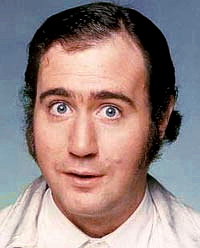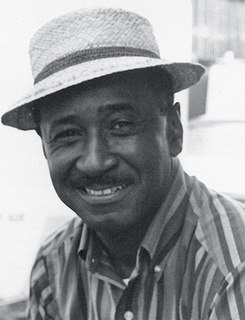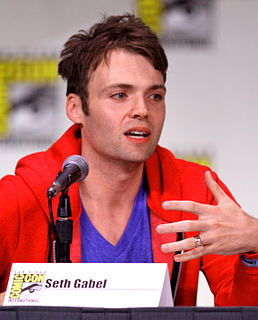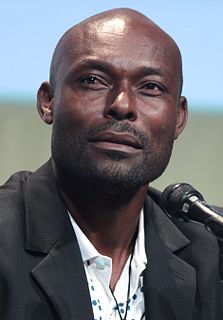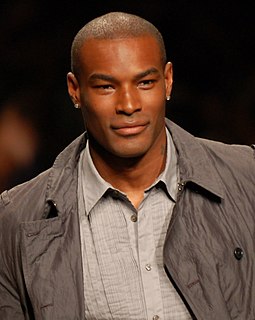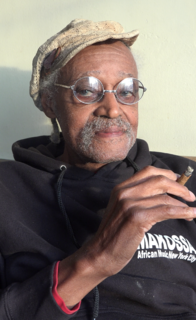A Quote by Justin Simien
The way Hollywood and TV is, black people don't have any choice but to see ourselves in white-dominated television shows and stories and movies.
Related Quotes
I think that television lately has been extremely dark and, in some ways, cynical but I also think that people who are writing those shows probably feel exactly as I do - that sometimes the darkness of a story can highlight the light in a story. There's a lot of cynical stuff but I think it may be even more in movies now where you see so many movies about cynical and corrupted characters. That's the state of many movies right now but movies, television, all of culture, there's always going to be a battle between the stories that are cynical and stories that are hopeful.
Television is a great job for a writer in the way that movies used to be, way before my time. Back when writers in Hollywood were on staff or under contract at any given studio and you'd write movie scripts and then the movies would get made within a few weeks, such that you could be a working writer in the movie business back in the '30s and '40s and '50s and have a hand in writing five or six movies a year that actually got produced. The only thing remotely like that in the 21st century here in Hollywood is working in the TV business.
I love doing movies, but right now, television is the way Hollywood was in the late '60s and early '70s. The dream era I would have loved to have been part of in Hollywood then is happening right now, but it's happening on television, with these big complicated story arcs and real character-driven shows and sheer ambiguity left and right.
The way that people are watching TV is changing. The landscape of television is changing. Movies are becoming much more insular. They're like a walled garden, where you know what you're going to see and you expect it. But in the world of TV, because it's episodic, you can explore any area because you have time to do that. You can take risks on the kinds of storytelling that you're doing.
I find Hollywood gives these pat stories, and they're reassuring stories, and I don't really want to give people that. Hollywood does all that work. I'm offering, sometimes, an alternative to that. The answers aren't black-and-white. There may not even be answers in certain instances. The ground is not necessarily solid, either. So you've got to keep awake the whole time, even after the movie is over.
I mean, a lot of people don't realize it, but fashion is one of the most racial industries left out there now. Radio and music aren't. Television and movies aren't. Even commercials now are showing interracial couples. You see a lot of diversity in TV shows, but you don't see that in fashion. You think there would be some, because the consumer is of all colors and all shades. But you don't see that in fashion.





